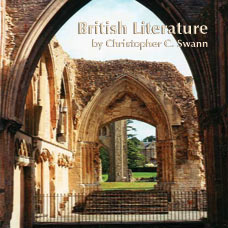 |
| Mary Shelley's Frankenstein |
If given a choice next term as to what novel to read, what would you choose (by a British author)? Would you choose Frankenstein by Mary Shelley? Or, would you choose War of the Worlds by H.G. Wells? Or, do you have a different novel in mind? (You do need to choose a novel, not a short story, and not an author who was not considered British.) Why would you choose that novel? Is it because of the author? Does it sound interesting when you read the synopsis? Tell what novel you would read and why you would read that particular novel. Make sure you bring in enough detail about the book so everyone has an idea of what the book is about.







